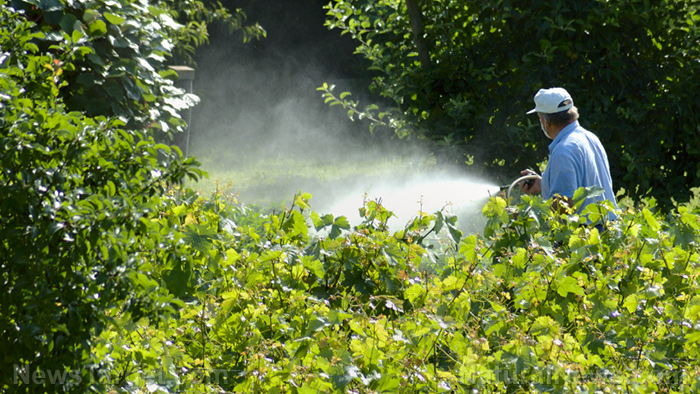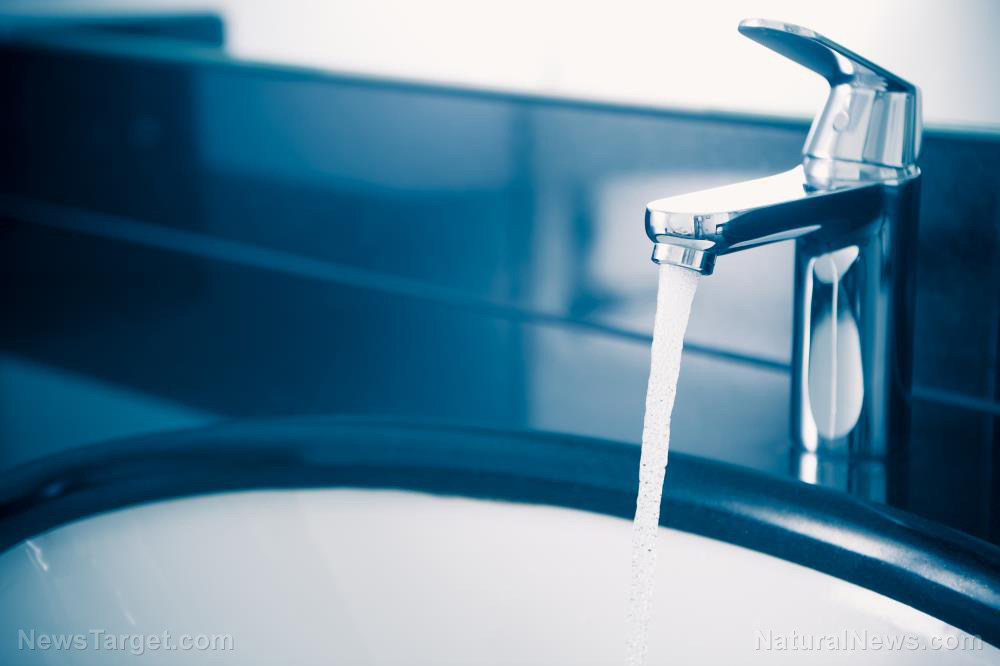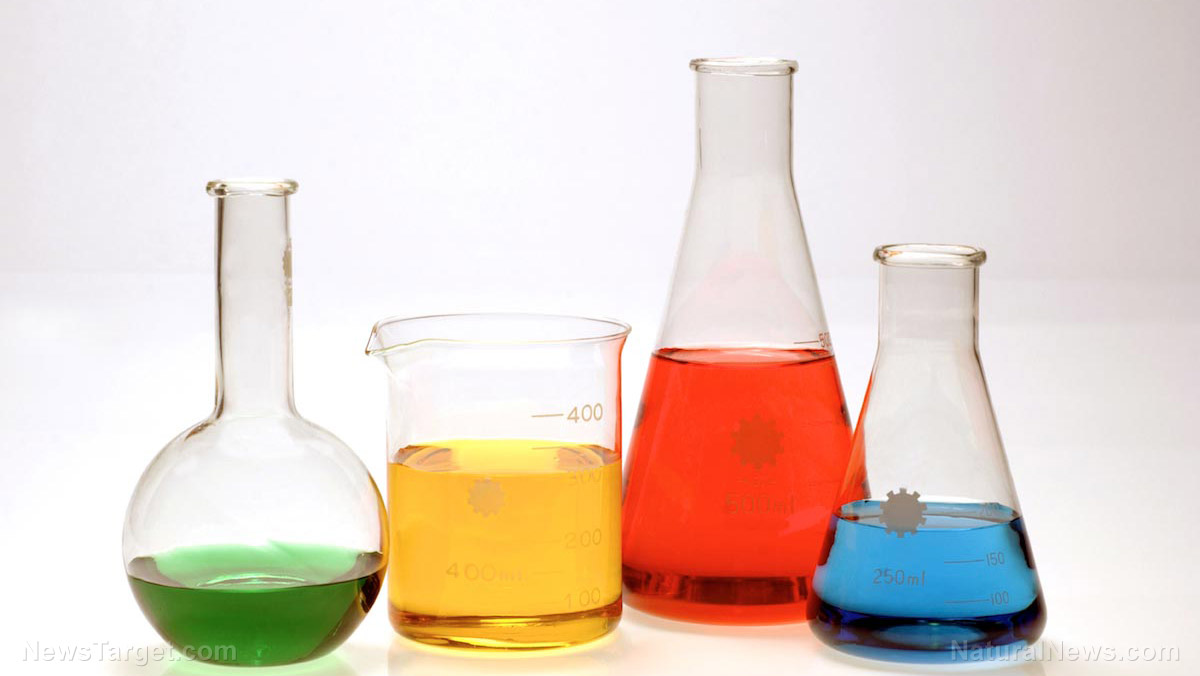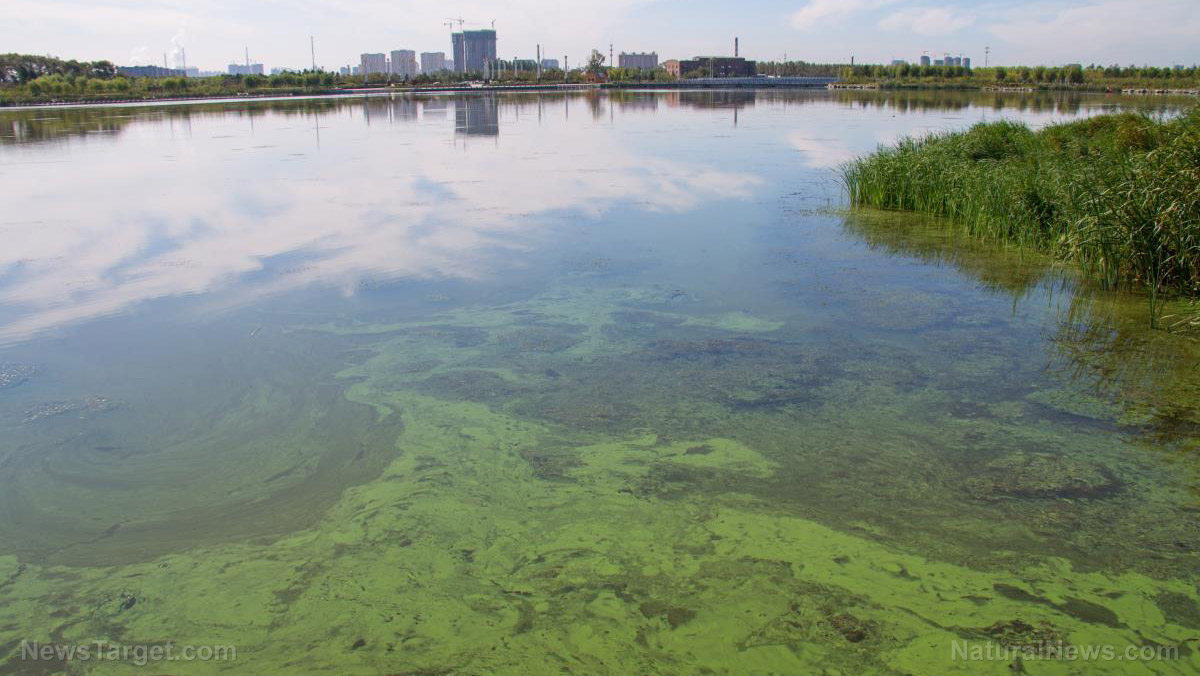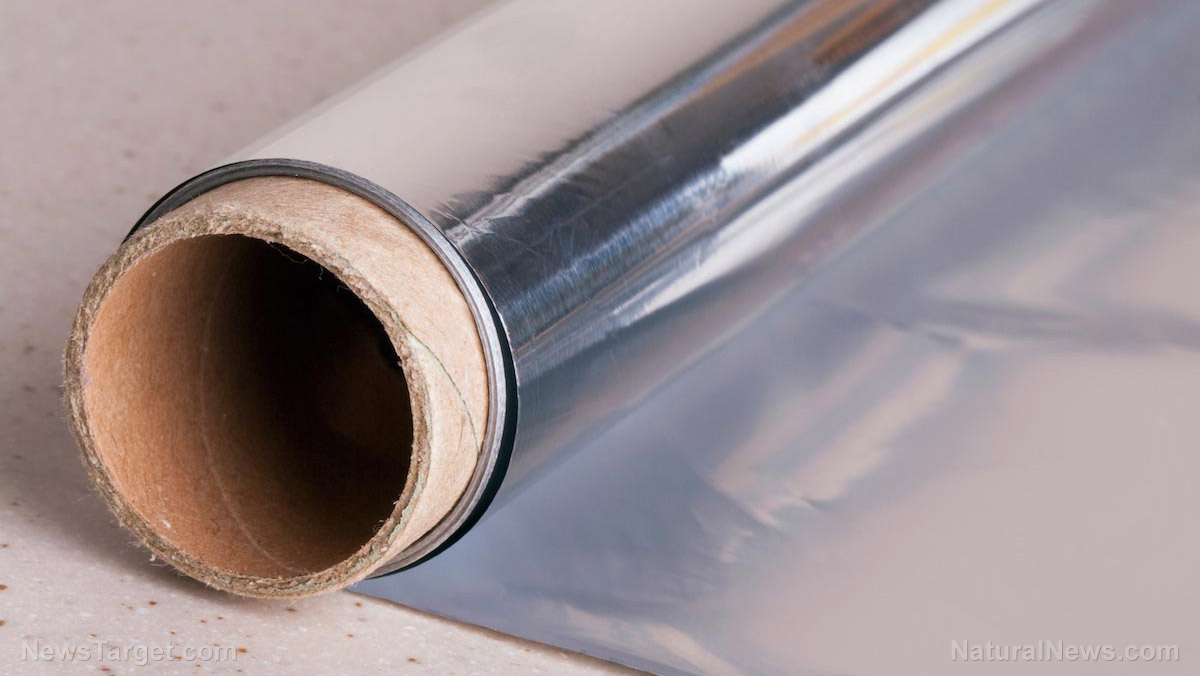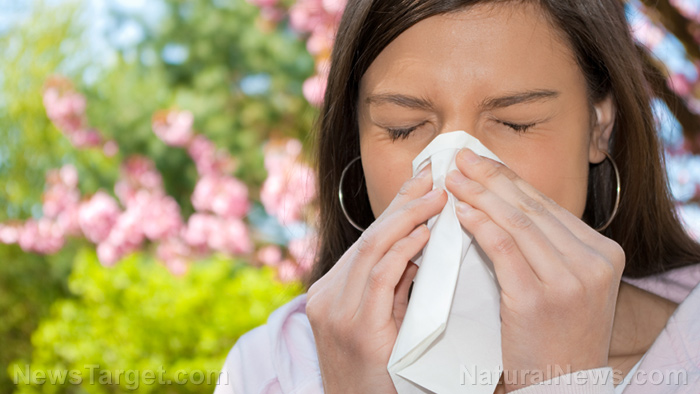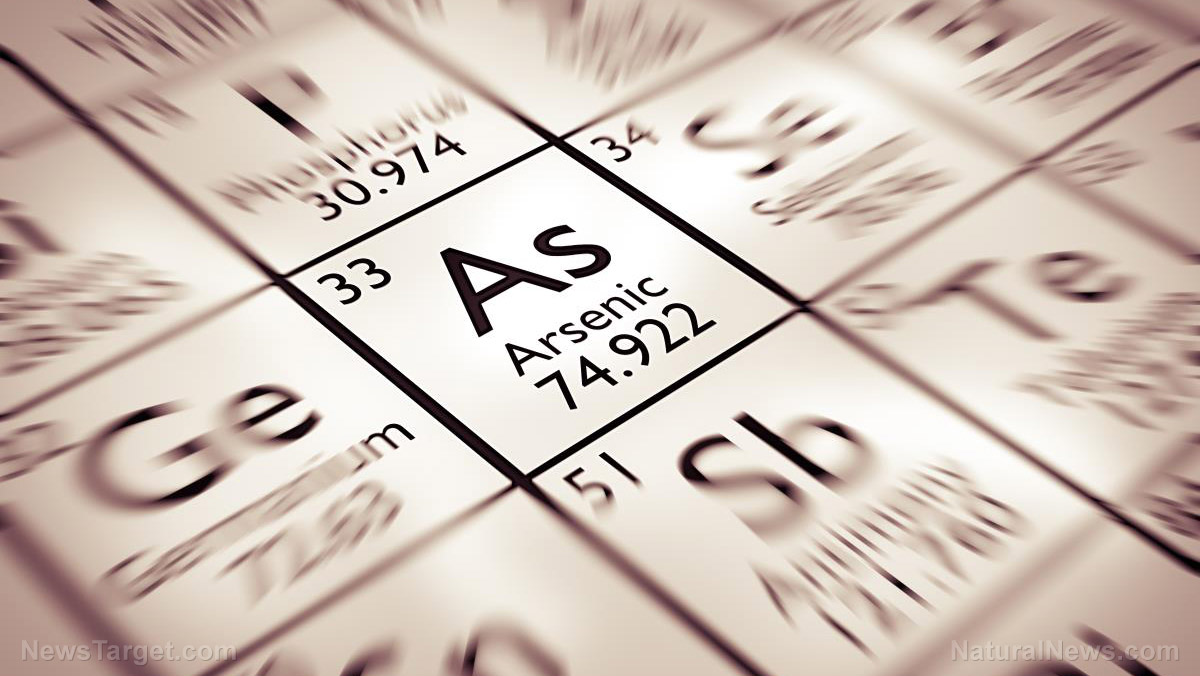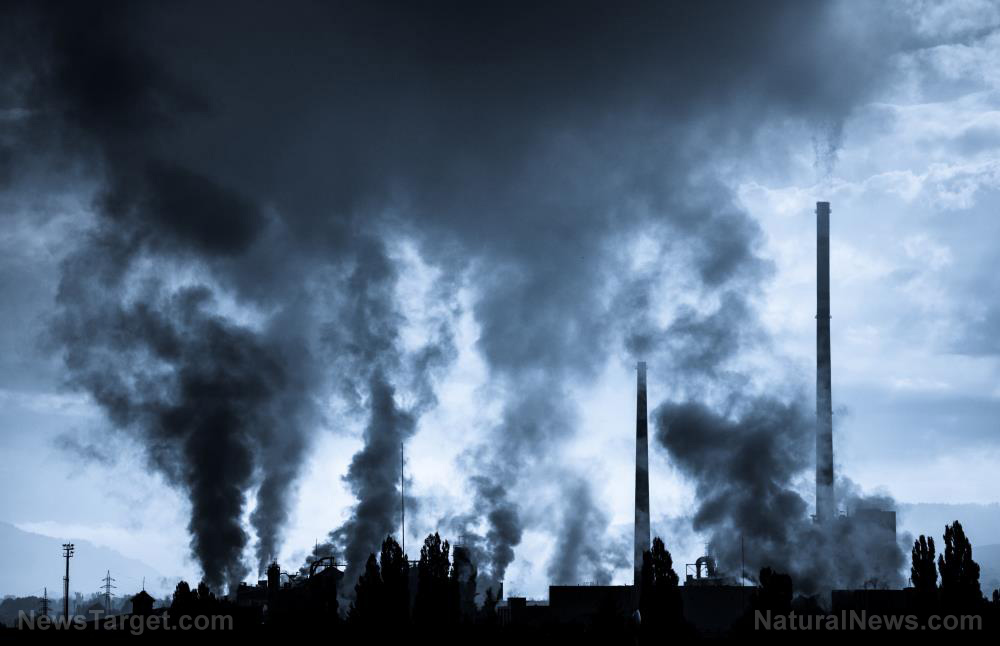Some sunscreen brands contain this toxic, cancer-causing chemical
06/15/2021 / By Divina Ramirez
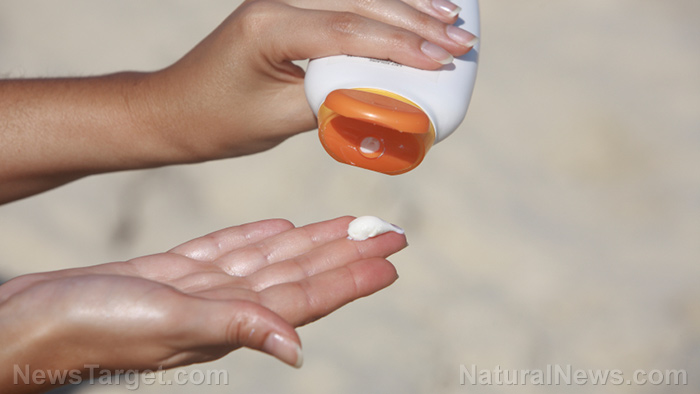
Sunscreen is an important step in any skincare routine. Many people also like to slather on the product before going outdoors in the summer. But some sunscreen brands may not be living up to their safety promises.
Tests conducted by independent laboratory Valisure revealed that traces of a toxic chemical tied to blood cancers like leukemia were present in scores of popular sunscreens and after-sun products.
Benzene, the cancer-causing chemical in question, was present in 78 of the 294 batches of products from over 60 brands. Worse, 14 of the contaminated batches had levels of benzene greater than two parts per million (ppm), the limit set by the Food and Drug Administration (FDA), according to Valisure.
In a petition, Valisure asked the FDA to recall the contaminated sunscreens and after-sun products. However, the agency is still reviewing the pharmaceutical testing company’s findings. In a statement, the FDA told CBS News said it takes seriously safety concerns raised about products it regulates, including sunscreen.
Benzene found in popular sunscreens
Valisure detected benzene in 27 percent of the sprays and lotions it tested. Some of the products, including those sold by CVS Health Corporation, a nationwide chain, and Banana Boat, a popular sun protection brand, contained up to six ppm of benzene.
Johnson & Johnson’s Neutrogena line was also among the products found to have elevated levels of benzene. Both Johnson & Johnson and CVS Health Corporation said they would look into Valisure’s findings.
“CVS Pharmacy’s store brands are designed to maximize quality and assure the products we offer are safe,” said Amy Thibault, a spokeswoman for the company. The products also comply with regulations meant to satisfy customers and keep them safe.
Meanwhile, a spokesperson for Johnson & Johnson said every ingredient the company uses must meet safety and quality requirements, and benzene is not an ingredient in any of the company’s personal care products.
The FDA’s standard for benzene is unclear. But it earlier set a temporary limit related to the COVID-19 pandemic of only two ppm of benzene for hand sanitizers.
The agency didn’t say whether it was concerned about benzene levels in sunscreens and after-sun products. The agency said it will work with affected companies to recall products when appropriate.
Ultimately, it is up to manufacturers and distributors to ensure the quality of their products, said FDA Spokesperson Jeremy Kahn.
According to Kahn, the regulating body also urges manufacturers to test their ingredients to ensure they meet specifications and are free from harmful contamination.
The dangers of benzene
Benzene is an industrial solvent. Even if hand sanitizer and sunscreen manufacturers try to keep benzene out of their products, they may be unknowingly purchasing and using solvents contaminated with the carcinogen, said Daniel Teitelbaum, an adjunct professor of environmental health at the Colorado School of Public Health who wasn’t involved in the study.
Cigarette smoke and gasoline fumes are among the most common sources of benzene exposure. Over the past two decades, many studies found that children who live in homes close to gasoline stations have a two to four times greater risk of leukemia than other children. Unfortunately, scientists are finding out that benzene is more ubiquitous than they previously thought.
The earliest reports of benzene-related blood diseases date back to 1897 in Sweden’s raincoat factories. Workers making rubber products and workers in oil refineries are at risk of inhaling benzene.
Less is known about other routes of absorption. But scientists do know that children’s skin is more permeable than that of adults. Therefore, children are likely to absorb toxic chemicals, including benzene, more easily than adults.
Philip Landrigan, director of the Global Observatory on Pollution and Health at Boston College who wasn’t involved in the study, said there is no such thing as a safe level of exposure. That’s especially true for children. (Related: Our children are being exposed to 10,000 chemicals through the food they eat.)
“Benzene actually causes DNA mutations,” said Landrigan, who specializes in toxic chemicals and human health. “Even a small dose can set in motion the chain of events that can lead to a cancer a few years later.”
Learn more about the adverse health effects associated with benzene exposure at Chemicals.news.
Sources include:
Tagged Under: benzene, carcinogen, Cosmetics, Food and Drug Administration, products, sunscreen, toxic chemicals
RECENT NEWS & ARTICLES
COPYRIGHT © 2017 TOXINS NEWS

